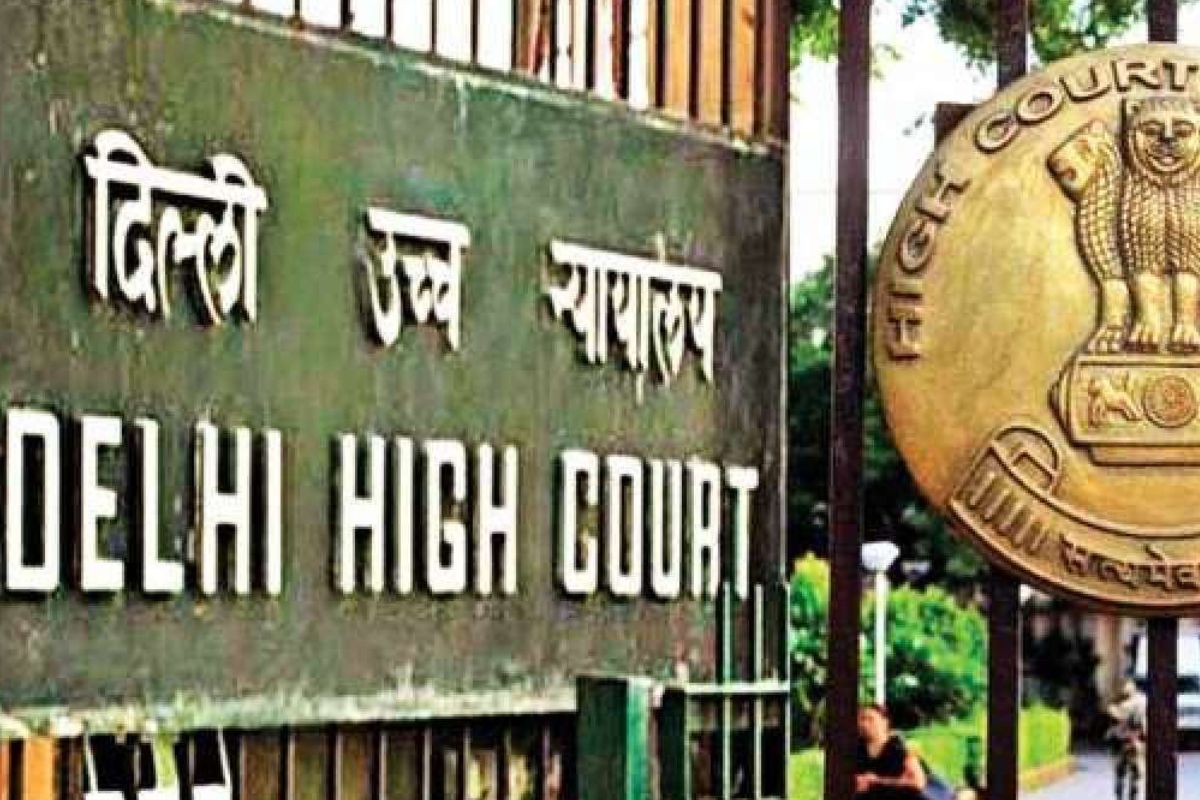NEW DELHI – The Delhi High Court has instructed the Directorate of Education (DoE) to ensure that all notices and circulars related to admissions under the Economically Weaker Section (EWS) category are made available in Hindi, alongside English. The decision was made to address the language difficulties faced by parents who may not be proficient in English.
Justice Swarana Kanta Sharma emphasized that many individuals from the economically weaker section are not fluent in English, and issuing these critical notices only in English has led to communication barriers. She highlighted the importance of ensuring that information meant for EWS category admissions is accessible to all, particularly those with limited English proficiency.
“It is crucial that the Directorate of Education does not restrict important notices regarding EWS admissions to the English language alone. The guidelines and requirements, especially regarding the documents to be submitted by parents, must be clear and comprehensible. This will help eliminate barriers that have been flagged by numerous parents in similar cases before the Court,” observed Justice Sharma.
ALSO READ: Supreme Court reserves judgment on Arvind Kejriwal’s bail petition – THE NEW INDIAN
This directive was issued in connection with a case where a petition was filed for the admission of a child to a kindergarten under the EWS quota. However, the Court dismissed the plea after discovering that the parents had failed to provide a valid income certificate before the start of the admission process, a mandatory requirement as per the DoE’s guidelines.
The parents argued that they were unaware their income certificate had expired before the application process began, which led to their non-compliance. Acknowledging the parents’ lack of awareness due to their limited understanding of English, the Court upheld the school’s decision to reject the application, stating that the absence of a valid certificate at the time of admission left the school within its rights.
However, the Court took note of the broader issue of language barriers affecting parents from disadvantaged backgrounds, stressing that these could have contributed to the parents’ lack of compliance.
ALSO READ: Tragic loss at National Law University: Third-year student dies by suicide – THE NEW INDIAN
To prevent similar issues in the future, the Court ordered the DoE to take the following measures:
– Issue all notices related to EWS admissions in Hindi as well as English, ensuring that a larger section of the population can access and understand the information.
– Publicize clear instructions about the documents, including income certificates, required for EWS admissions, and ensure this information is widely available in both languages.
The Court concluded that this dual-language approach would mitigate misunderstandings and ensure that individuals from economically weaker sections can fully exercise their rights under the law.
Advocates Swathi Sukumar, Naveen Nagarjuna, Rishubh Agarwal and Ritik Raghuwanshi appeared for the petitioner. Additional Standing Counsel Karn Bhardwaj and advocates. Shubham Singh, Rajat Gaba and Saurabh Dahiya appeared for the DoE. Advocates Kamal Gupta, Tripti Gupta, Sparsh Aggarwal, Karan Chaudhary and Yosha Dutt appeared for the school.









